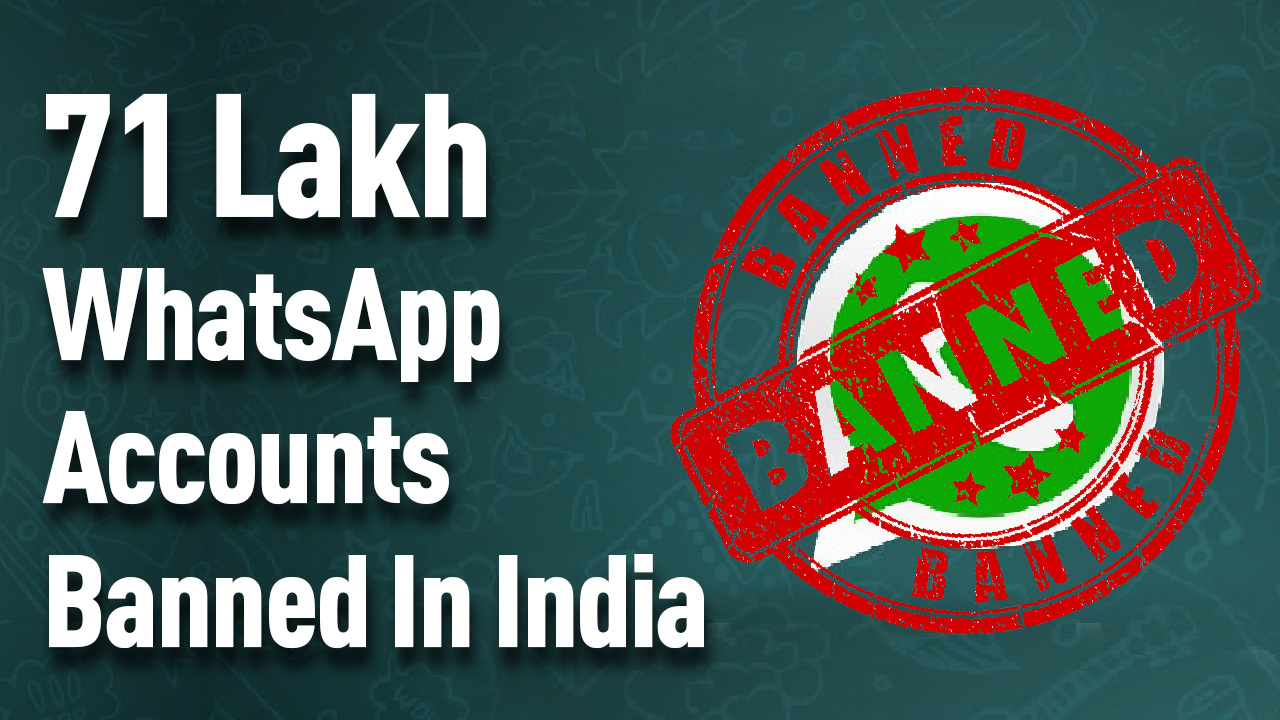Gaza – Over 1,300 people have been killed in the Gaza-Israel conflict, the majority of them Palestinians, according to the Gaza Health Ministry. The Israeli military has said that it has killed over 200 Hamas militants, the Islamist group that controls Gaza.
The conflict began on May 10, when Hamas launched a barrage of rockets into Israel in response to the Israeli police’s crackdown on Palestinian protesters at the Al-Aqsa Mosque compound in Jerusalem. Israel has responded with airstrikes and ground incursions into Gaza.
On May 21, Israel ordered a “complete siege” on Gaza, restricting the movement of people and goods into and out of the territory. The siege has been condemned by the United Nations and other international observers, who say that it is causing a humanitarian crisis in Gaza.
The following is a full article on the topic of the Gaza-Israel conflict, including a timeline of events, a background on the conflict, and the international response:
Timeline of events:
- May 10: Hamas launches a barrage of rockets into Israel in response to the Israeli police’s crackdown on Palestinian protesters at the Al-Aqsa Mosque compound in Jerusalem.
- May 11: Israel responds with airstrikes on Gaza.
- May 12: Hamas continues to launch rockets into Israel, and Israel continues to carry out airstrikes on Gaza.
- May 13: The United Nations Security Council calls for an immediate ceasefire.
- May 14: Hamas and Israel agree to a ceasefire, which takes effect at 2:00 AM on May 15.
- May 15: The ceasefire breaks down after Israel accuses Hamas of violating it.
- May 16: Hamas launches rockets into Israel, and Israel responds with airstrikes on Gaza.
- May 17: The United Nations Security Council holds an emergency meeting on the Gaza-Israel conflict.
- May 18: The United States vetoes a UN Security Council resolution calling for a ceasefire.
- May 19: The death toll in the Gaza-Israel conflict surpasses 1,000.
- May 20: The United Nations Human Rights Council votes to launch an international inquiry into possible war crimes committed by both sides in the Gaza-Israel conflict.
- May 21: Israel orders a “complete siege” on Gaza, restricting the movement of people and goods into and out of the territory.
- May 22: The death toll in the Gaza-Israel conflict surpasses 1,300.
Background:
The Gaza-Israel conflict is a long-standing conflict between Israel and the Palestinians over control of the Gaza Strip. The conflict has its roots in the Arab-Israeli War of 1948, when Israel was created and hundreds of thousands of Palestinians were displaced from their homes.
In 1967, Israel captured the Gaza Strip from Egypt during the Six-Day War. Israel has since occupied the territory, imposing a strict blockade on it.
In 2007, Hamas, an Islamist group, took control of the Gaza Strip. Hamas has been designated as a terrorist organization by the United States, Israel, and other countries.
International response:
The international response to the Gaza-Israel conflict has been mixed. The United Nations has called for an immediate ceasefire, and the United States has said that it is “working tirelessly” to achieve a ceasefire. However, the United States has also vetoed a UN Security Council resolution calling for a ceasefire.
Some countries, such as Egypt and Qatar, have been mediating between Israel and Hamas. However, so far their efforts have been unsuccessful.
The Gaza-Israel conflict has also drawn condemnation from human rights groups and other international observers. The United Nations Human Rights Council has voted to launch an international inquiry into possible war crimes committed by both sides in the conflict.
Conclusion:
The Gaza-Israel conflict is a complex and long-standing conflict. There is no easy solution to the conflict, and it is likely to continue for the foreseeable future. The international community must continue to work to achieve a ceasefire and a lasting peace in the region.










